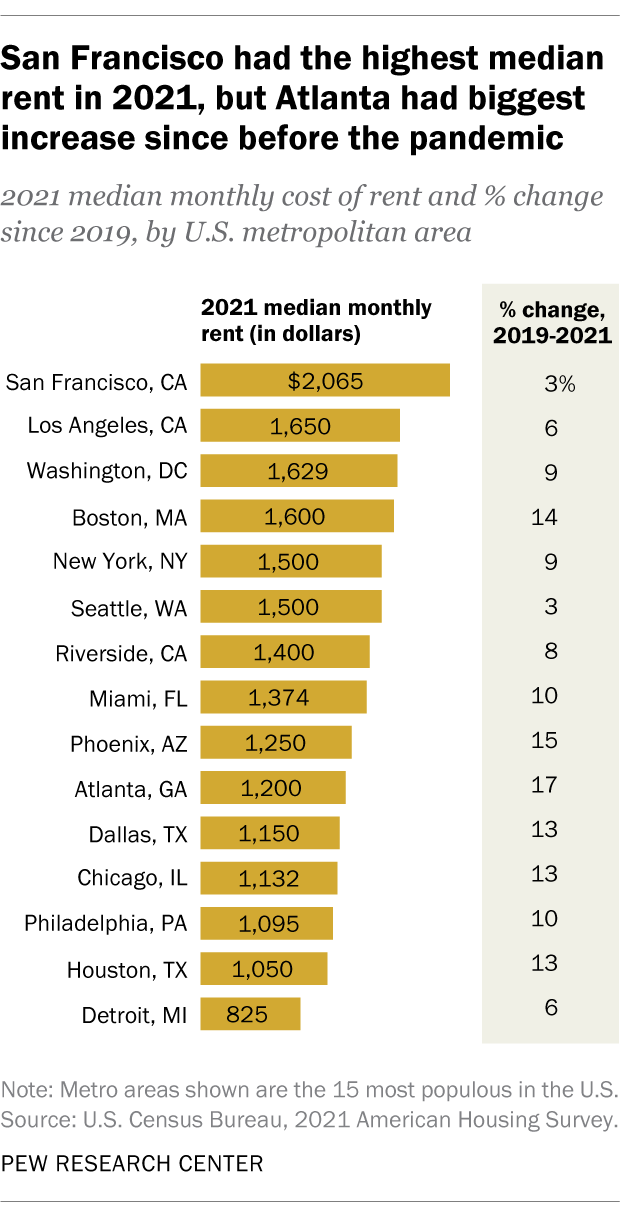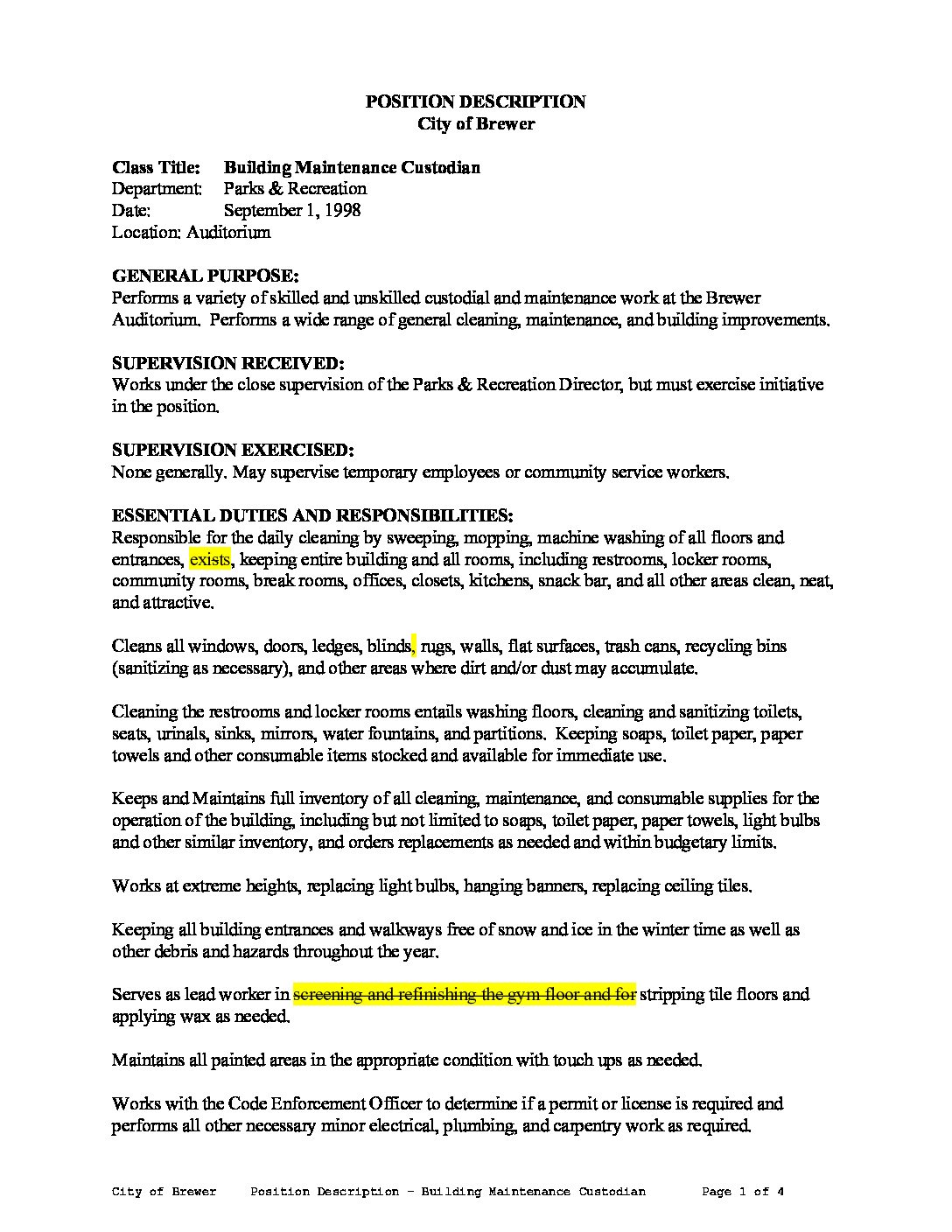Landlord-tenant communication
Navigating Pandemic Rentals: What You Need to Know

Navigating Pandemic Rentals: What You Need to Know
The landscape of renting has undergone significant changes during the global pandemic. As individuals reconsider their living arrangements, it’s crucial to understand the implications and considerations when renting during these unprecedented times.
Changing Dynamics in the Rental Market
The pandemic has influenced the dynamics of the rental market. Some areas experienced a surge in available rental units as remote work trends allowed individuals to explore living in different locations. On the flip side, certain areas faced housing shortages due to increased demand for suburban or rural living spaces.
Remote Work and Housing Preferences
With remote work becoming more prevalent, people are reevaluating their housing preferences. Proximity to offices is no longer the sole consideration, with many opting for larger living spaces, outdoor amenities, and quieter neighborhoods. Landlords and tenants alike are adjusting their expectations to align with these evolving trends.
Flexibility in Lease Agreements
The uncertainty brought about by the pandemic has led to an increased demand for flexibility in lease agreements. Many renters seek shorter lease terms or provisions that allow for early termination under certain circumstances. Landlords, in turn, are adapting to these requests to attract and retain tenants in an ever-changing environment.
Enhanced Health and Safety Measures
The pandemic has heightened awareness about health and safety. Both landlords and tenants are prioritizing enhanced cleaning protocols, contactless interactions, and improved ventilation in rental properties. Properties that adhere to these measures are likely to be more appealing to potential tenants.
Virtual Tours and Remote Processes
Social distancing measures have accelerated the adoption of virtual tours and remote processes in the rental industry. Prospective tenants can now explore properties through virtual walkthroughs, and lease signings and document submissions can be done remotely. This shift has streamlined the rental process while prioritizing safety.
Financial Considerations for Tenants
Financial considerations have become more crucial than ever for tenants. The economic impact of the pandemic has led to job uncertainty for many individuals. As a result, tenants are placing greater emphasis on affordability, and landlords may need to be more accommodating with rent payment plans or negotiate terms to support tenants facing financial challenges.
Landlord-Tenant Communication
Communication between landlords and tenants has become paramount during the pandemic. Open and transparent dialogue about any challenges or changes in circumstances is essential for maintaining a healthy landlord-tenant relationship. Understanding each other’s concerns and working together to find solutions contributes to a more positive renting experience.
Utilizing Online Resources for Guidance
For individuals navigating the complexities of renting during a pandemic, online resources can be invaluable. Websites like Walenshipnigltd.com offer guidance on current rental trends, safety measures, and tips for both landlords and tenants. Visit Walenshipnigltd.com for valuable insights into renting during these challenging times.
Legal Considerations in Pandemic Rentals
Pandemic-related regulations and guidelines may impact rental agreements. It’s crucial for both landlords and tenants to stay informed about any legal considerations, such as eviction moratoriums or changes in rental laws. Seeking legal advice or consulting with professionals
Efficient Rental Inspections for Property Maintenance

Efficient Rental Inspections for Property Maintenance
Rental inspections play a crucial role in ensuring the upkeep of a property and maintaining a harmonious relationship between landlords and tenants. Let’s explore the significance of rental inspections and how they contribute to the overall well-being of rental properties.
The Purpose of Rental Inspections
Rental inspections serve as a systematic process for landlords to assess the condition of their properties periodically. The primary goal is to identify any necessary repairs or maintenance issues promptly. These inspections also allow landlords to ensure that tenants are adhering to the terms of the lease agreement regarding property care.
Preventing Small Issues from Escalating
Regular rental inspections help in catching small issues before they escalate into more significant problems. Identifying and addressing minor maintenance issues early on can prevent them from turning into costly repairs down the line. This proactive approach contributes to the longevity and value of the property.
Building a Positive Landlord-Tenant Relationship
Transparent communication is essential for a positive landlord-tenant relationship. Conducting rental inspections provides an opportunity for landlords to engage with tenants, discuss any concerns, and address questions. This open line of communication fosters trust and cooperation, creating a more positive living environment for all parties involved.
Ensuring Compliance with Lease Agreements
Lease agreements typically outline specific responsibilities for both landlords and tenants regarding property maintenance. Rental inspections serve as a means to ensure that tenants are adhering to these agreements. It allows landlords to address any violations or issues promptly, reinforcing the importance of compliance.
Providing a Safe and Comfortable Living Environment
Tenant safety and comfort are paramount. Regular rental inspections help identify potential safety hazards, such as faulty wiring, gas leaks, or structural issues. Addressing these concerns promptly not only ensures the well-being of the tenants but also contributes to the overall habitability of the property.
Effective Communication during Inspections
During rental inspections, effective communication is key. Landlords should provide tenants with sufficient notice before conducting an inspection, respecting their privacy and scheduling preferences. Clear communication helps set expectations and fosters a cooperative atmosphere.
Addressing Tenant Concerns and Feedback
Rental inspections are not just an opportunity for landlords to evaluate the property; they also provide a platform for tenants to voice their concerns or provide feedback. Landlords should actively listen to tenant input and address any valid concerns. This collaborative approach strengthens the landlord-tenant relationship.
Utilizing Technology for Efficiency
In today’s digital age, technology can streamline the rental inspection process. Landlords may use property management software or apps to schedule inspections, document findings, and communicate with tenants efficiently. Leveraging technology enhances the overall efficiency of the inspection process.
Ensuring Privacy and Respectful Conduct
Respecting tenant privacy is crucial during rental inspections. Landlords should focus on inspecting common areas and essential systems, while respecting the tenants’ personal spaces. Providing clear guidelines on the scope of the inspection helps create a sense of privacy and respect for the tenants.
Conclusion: A Proactive Approach to Property Maintenance
In conclusion, rental inspections are a proactive
Balancing Act: Navigating Maintenance Responsibilities

Balancing Act: Navigating Maintenance Responsibilities
Living in a rented property comes with the shared responsibility of maintenance between landlords and tenants. This delicate balance requires open communication, a clear understanding of each party’s obligations, and a commitment to fostering a harmonious living environment. In this article, we explore the dynamics of maintenance responsibilities, offering insights into how both landlords and tenants can navigate this crucial aspect of shared living.
Understanding the Maintenance Agreement: Clear Guidelines
The foundation of successful maintenance management is a clear understanding of the maintenance agreement outlined in the lease. Landlords typically specify which maintenance tasks fall under their responsibility and which are the responsibility of the tenant. This section of the lease agreement serves as a reference point for both parties, guiding them on their respective roles in property upkeep.
Landlord Responsibilities: Providing a Safe and Habitable Space
Landlords bear the primary responsibility for maintaining the overall safety and habitability of the rental property. This includes ensuring that essential systems such as plumbing, heating, and electrical are in working order. Additionally, landlords are typically responsible for addressing structural issues and making repairs that are crucial to maintaining the property’s livability.
Tenant Responsibilities: Day-to-Day Upkeep and Reporting Issues
Tenants play a vital role in day-to-day upkeep and the timely reporting of maintenance issues. Routine cleaning, garbage disposal, and minor repairs are often the responsibility of the tenant. Equally important is the prompt reporting of any maintenance issues to the landlord. This proactive communication allows landlords to address problems before they escalate, ensuring the property’s well-being.
Communication: The Key to Successful Maintenance
Open and transparent communication is the linchpin of successful maintenance management. Both landlords and tenants should feel comfortable discussing maintenance concerns, reporting issues promptly, and seeking resolution collaboratively. Establishing effective communication channels helps build trust and ensures that maintenance responsibilities are addressed in a timely and efficient manner.
Emergency Maintenance: Swift Action for Urgent Issues
Certain maintenance issues require immediate attention due to their potential to cause harm or significant damage. Landlords should provide clear guidelines on what constitutes emergency maintenance and how tenants can report urgent issues outside regular business hours. Swift action in these situations is crucial to mitigate any potential hazards.
Routine Inspections: Preventive Measures for Property Health
Landlords may conduct routine inspections to assess the property’s overall condition and identify any maintenance needs. These inspections are typically scheduled in advance, providing tenants with notice. Tenants should cooperate with these inspections, addressing any identified issues promptly to maintain the property’s health and prevent minor concerns from becoming major problems.
Tenant-Requested Repairs: Navigating the Process
When tenants request repairs, landlords should establish a straightforward process for handling such requests. This process may involve submitting written requests, providing necessary details, and setting realistic expectations regarding response times. Tenants, on the other hand, should communicate their requests clearly and provide any relevant information to facilitate the repair process.
DIY Maintenance for Tenants: Knowing Limits
While tenants may be responsible for certain day-to-day maintenance tasks, it’s essential
